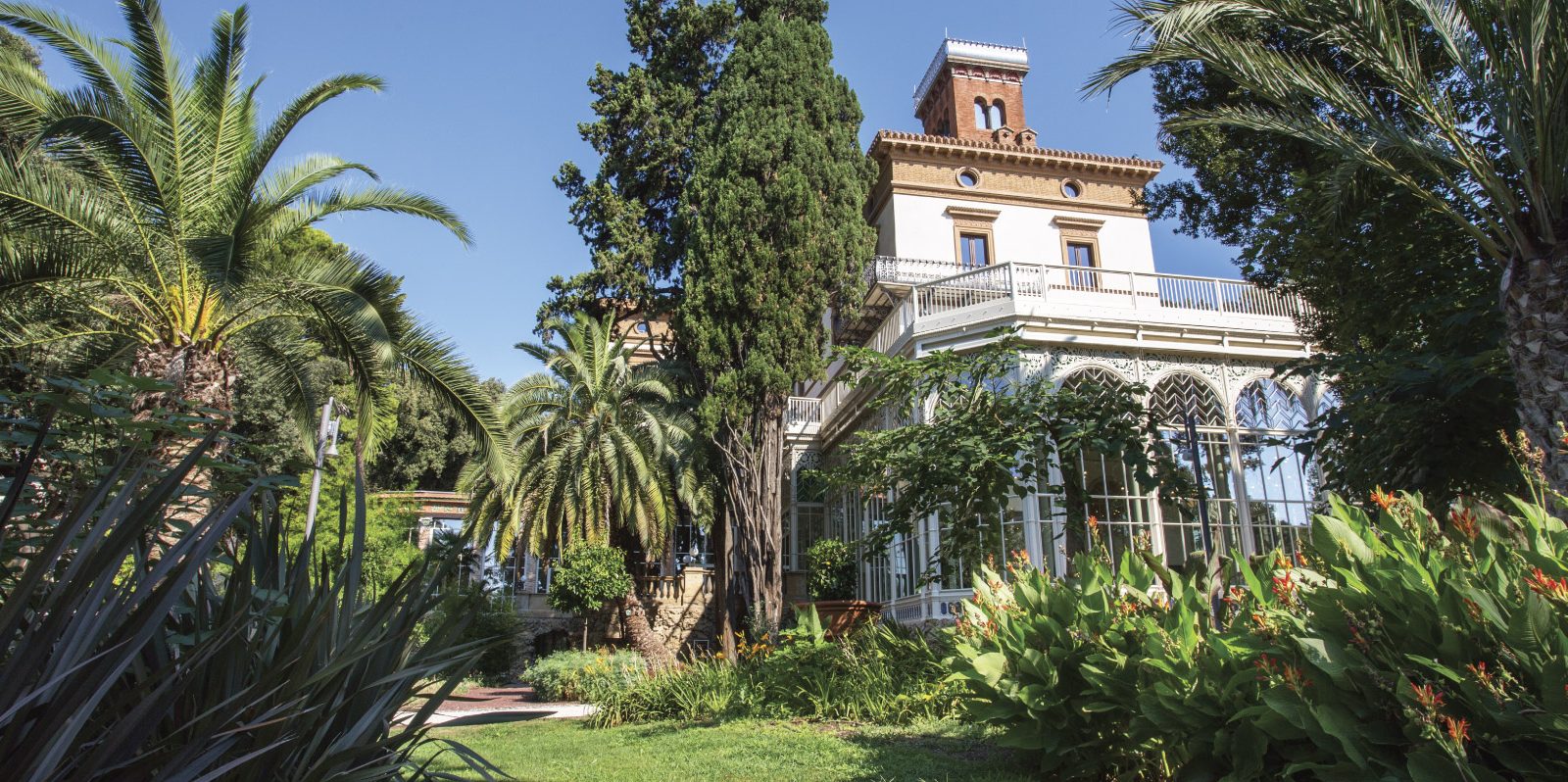Africa has been gaining momentum as a destination of higher education institutions. Babson College has set up an entrepreneurship center in Rwanda, China has established its Alliance of Universities of the New Silk Road, among other initiatives – and now, Italy’s LUISS Business School is look ing to expand into the continent.
Business Forward talks to dean of LUISS Business School Paolo Boccardelli, associate dean for International Development Simona Romani and executive policy advisor Mathias Falkenstein to understand why Africa has become the chosen destination of the school and the continent’s place in the global economy.
Why Africa?
This region is going to become one of the fastest growing regions in the world in the next years for many reasons. First, you have a continent that is growing demographically and economically. So, there are lots of investment in infrastructure and telecommunication entering the continent at a fast pace. Many of our European corporate partners say that their perspective towards the African region is becoming more and more important in the years to come. We, as a school, support the corporate sector to develop their strategies in transformation and growth. We want to be part of this change in Africa.
In that respect, we want to create partnerships with local institutions – like the American University in Cairo (AUC) – to develop programs where local, talented, high-potential students and European students could work together and become the next generation leaders in a region like Africa.
Where do you think Africa’s place in the global economy is going to be in the future?
A couple of decades ago, the Far East and the Southeast were going through a similar journey like Africa. Now, if you look at the economic and demographic projections and statistics on 2050, 50% of the middle class will be represented by India and China. The African continent is the next region. This is a continent full of raw materials, precious minerals and natural resources, and we think that it will be the center of attraction for a lot of investments in the future. Maybe not in the next five years; maybe it will take more than a decade to become a center of gravity for investments. But it will happen because it is the next big opportunity for investors.
The world is growing with different paradigms. The African continent has an opportunity to grow and develop without the burden of the past on its shoulder and look at the future with digital transformation in mind.
Why would Italian students be interested in going to Africa?
In terms of development, Africa is probably not the most immediate destination for our students. In the past, we had the same situation with China – but today, it has become a very appealing destination for our students. So, it is a matter of creating awareness. We need to start in a very slow, progressive way with a good partner.
What we found relevant for the development of the economic situation of China and India was social development. Hence, one of the things that Africa needs to sustain is the attraction of investment and economic development, along with social development. It was nice to see Egypt’s project about financial inclusion and about inclusion in general, for example. Thus, having our students here during the progression and exposing them to the transition is important. Understanding the progression gives them a much better insights to project businesses and to understand what the future looks like.
It is hugely important to not see this as another development project in one direction, but rather in both directions. There is a lot that the Western world can learn from the African continent. Of course, talking about a continent of that size and dimension, there is not only one Africa – there are many Africas. The corporations today, for example, between China and the Western world/Europe are much more on the same eye-level and, therefore, much more fruitful. If we could meet that level with African countries, that would be of huge advantage for all.
What would your presence look like?
LUISS Business School would create programs in which students from our institutions and from our partner institutions in Africa would work together. Additionally, we want to develop executive programs for the business environment here, develop research corporations and professional training for faculty and researchers. Eventually, we want to create competitive initiatives at the PhD level.









